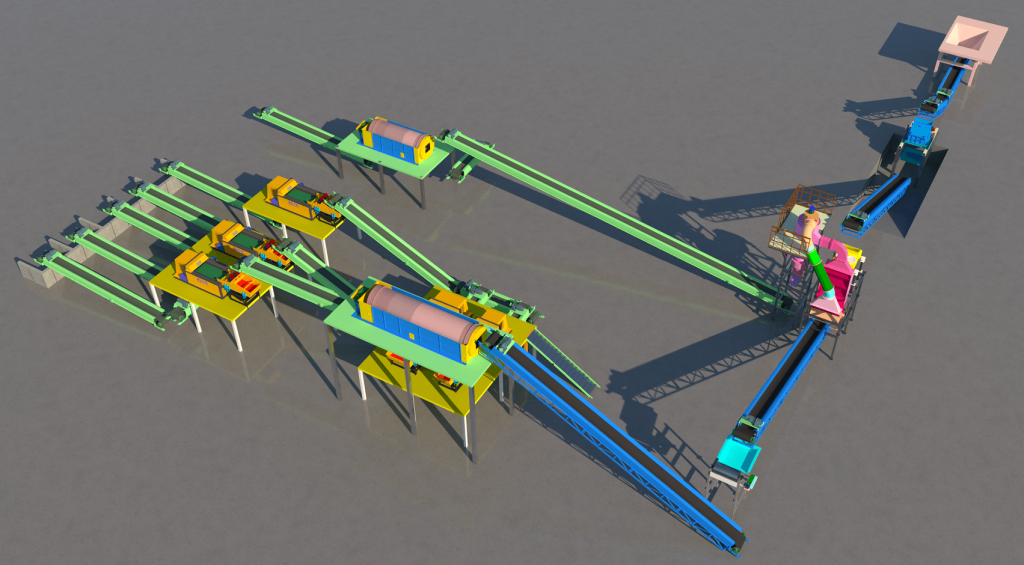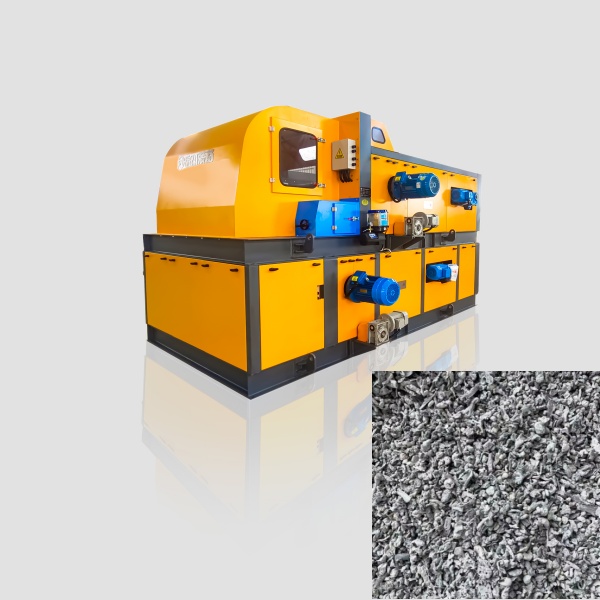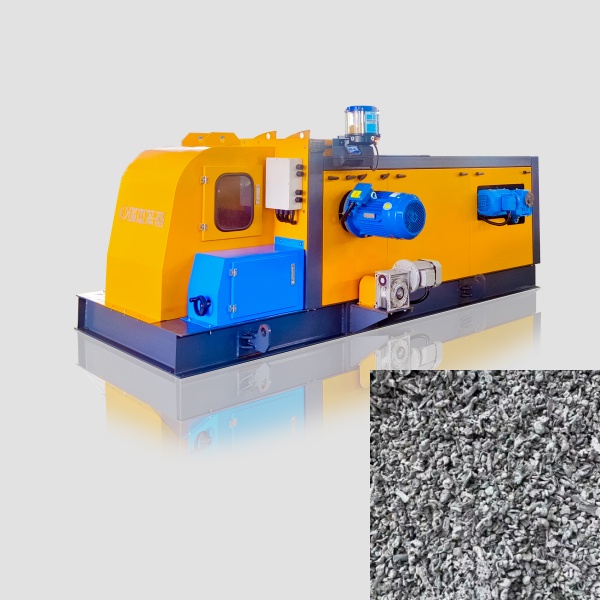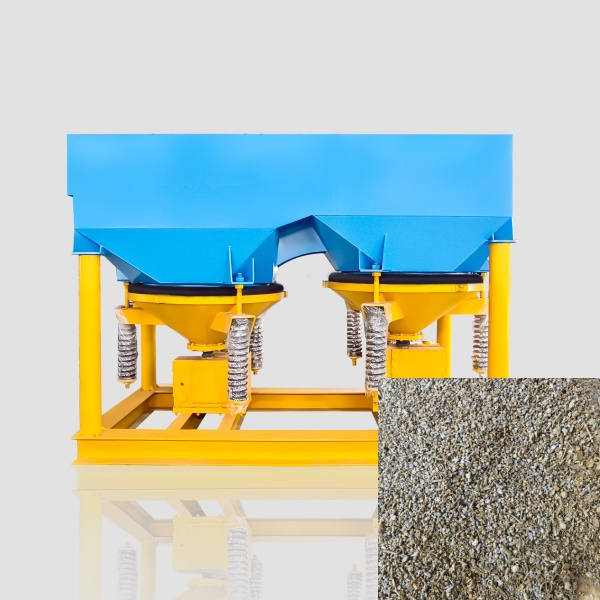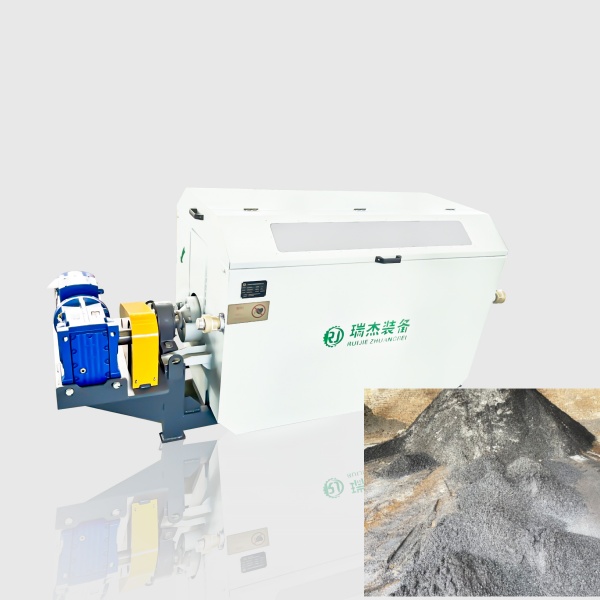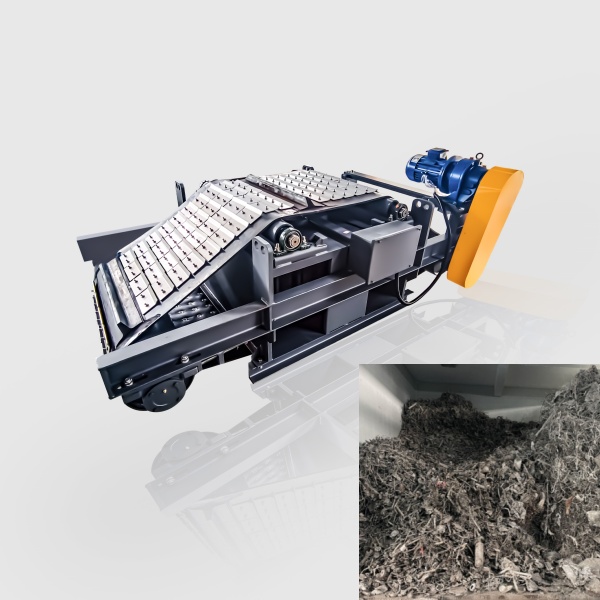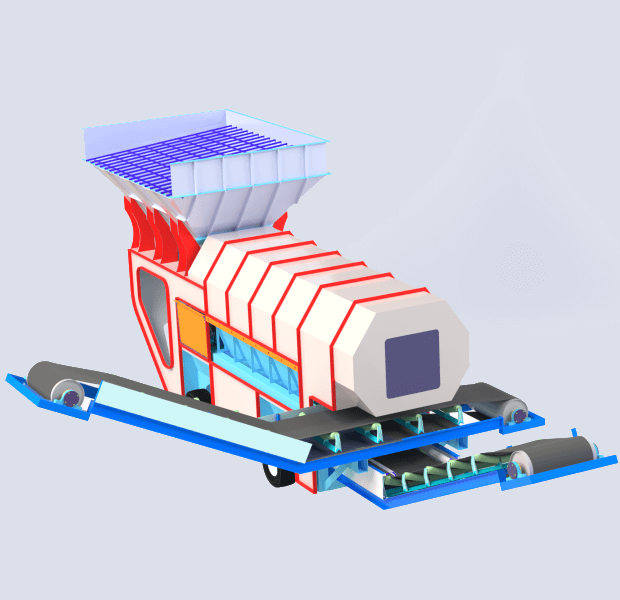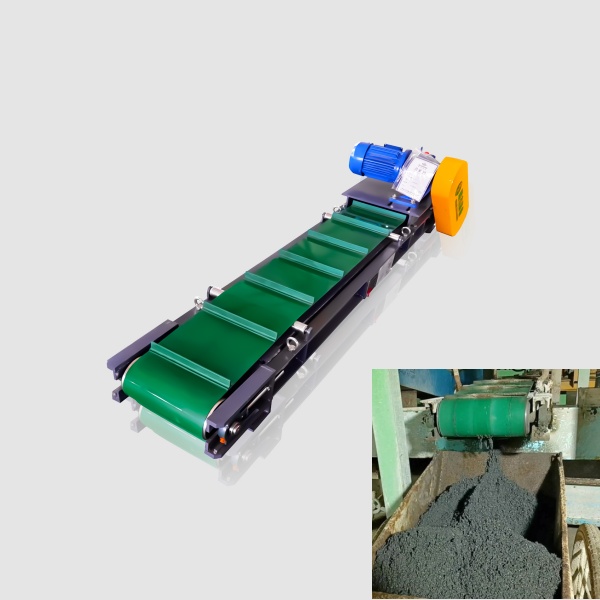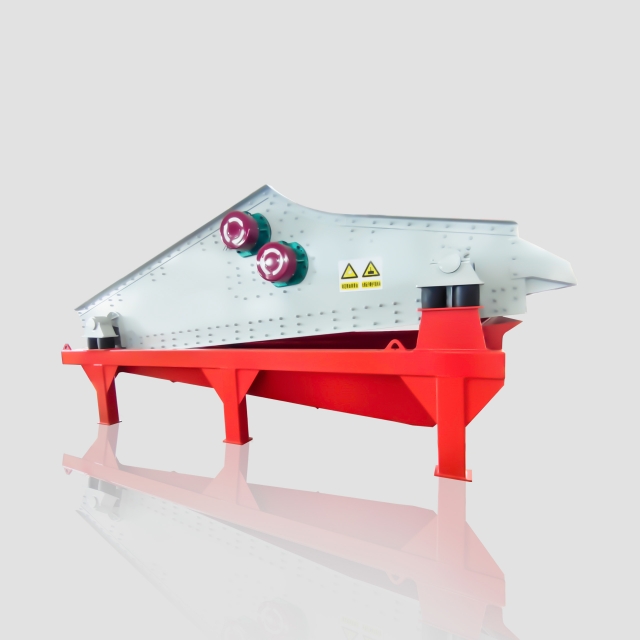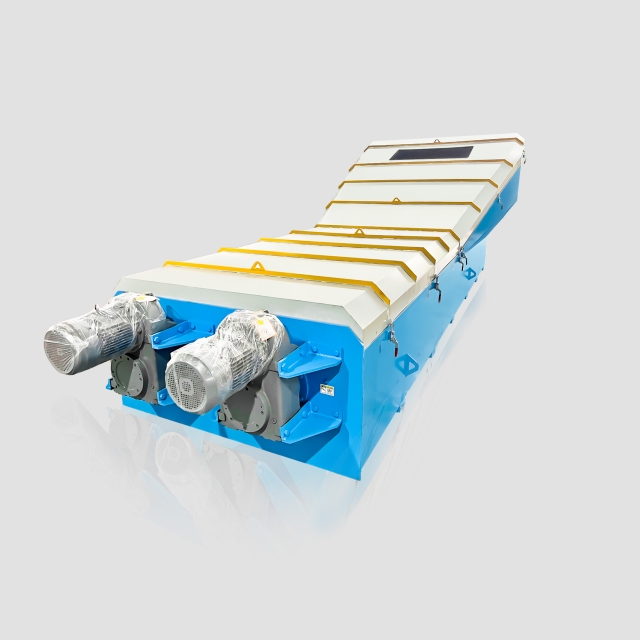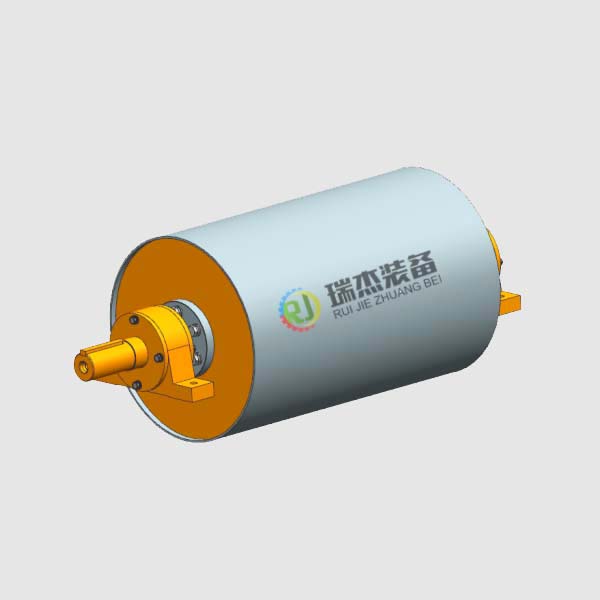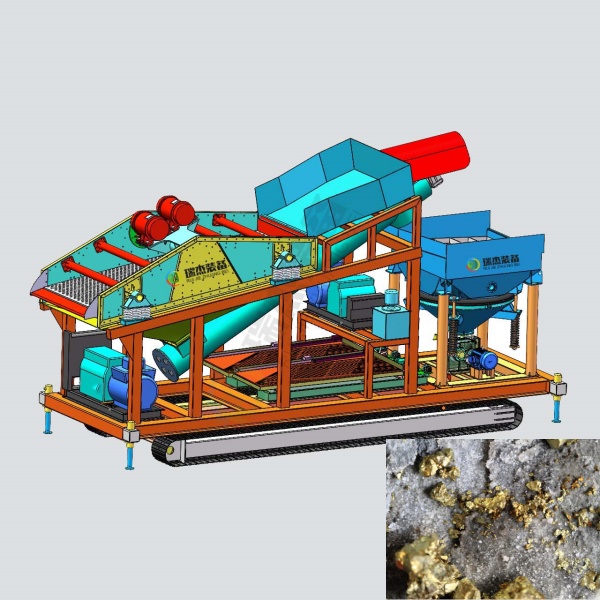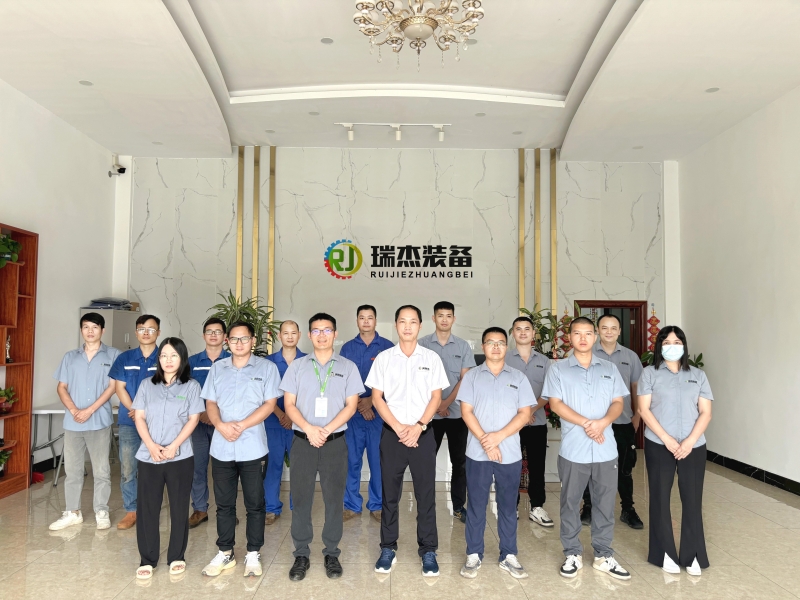Used Beverage Cans (UBC) Recycling
Professional Manufacturer Of Used Beverage Can (UBC) Sorting Equipment
We specialize in manufacturing magnetic separation equipment, eddy current separators, and other sorting machinery, with a focus on researching and producing sorting equipment for the recycling industry.
To meet the needs of the plastic bottle recycling and beverage aluminum can recycling industry, we provide a variety of equipment tailored for plastic and beverage can recycling operations. We’re here to reinvigorate your plastic bottle and beverage can recycling processes!
Standard Waste Beverage Can Recycling System From RUIJIE
We can customize beverage can recycling processes according to customers’ specific needs, and provide a complete set of machinery and equipment, as well as free design and production of sorting solutions.
Metal removal is a critical step in the recycling process of plastic bottles and aluminum cans. The following two types of equipment are specially designed for bottle recycling: iron can sorting equipment and aluminum can sorting machines. They are mainly used to remove metals through a cyclic process. These technologies work in conjunction with each other throughout the recycling process to achieve your desired results.
What is Used Beverage Cans(UBC)?
Used beverage can (UBC) waste refers to aluminum cans discarded after use. UBC scrap is a valuable resource for the recycling industry because aluminum cans are 100% recyclable and can be reused indefinitely.
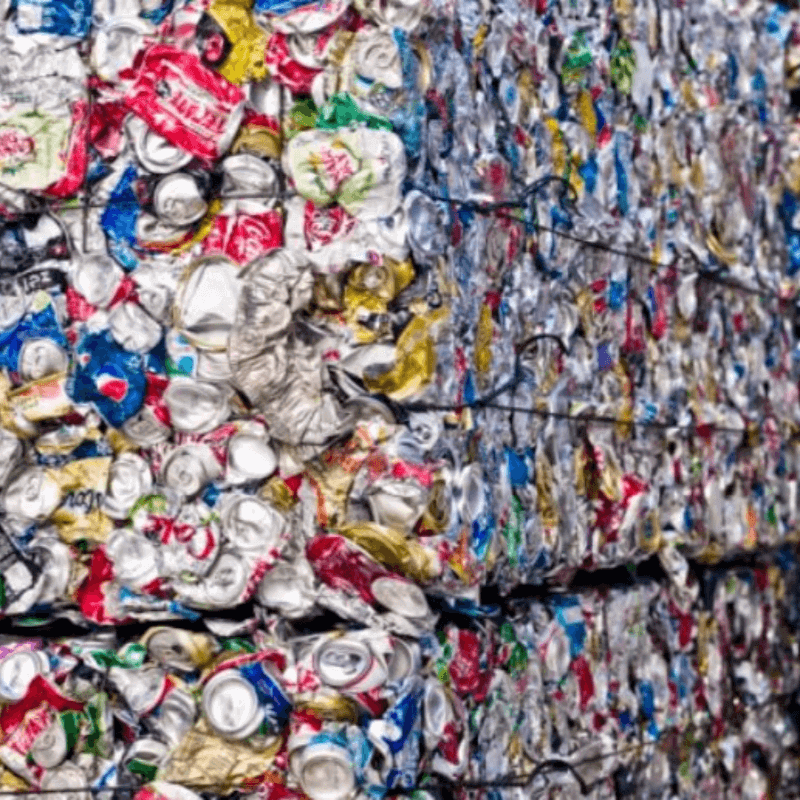
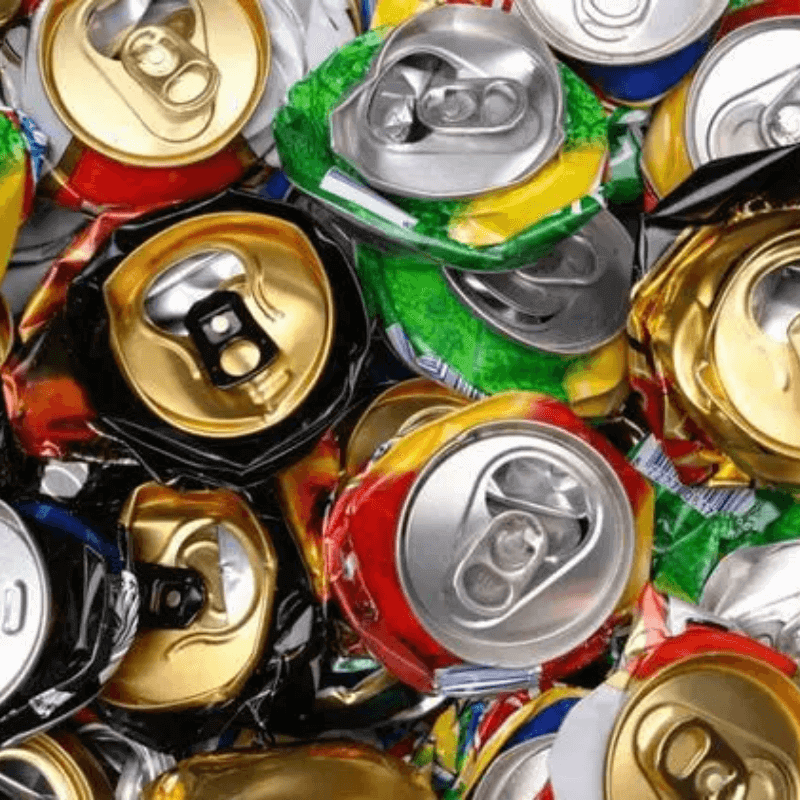
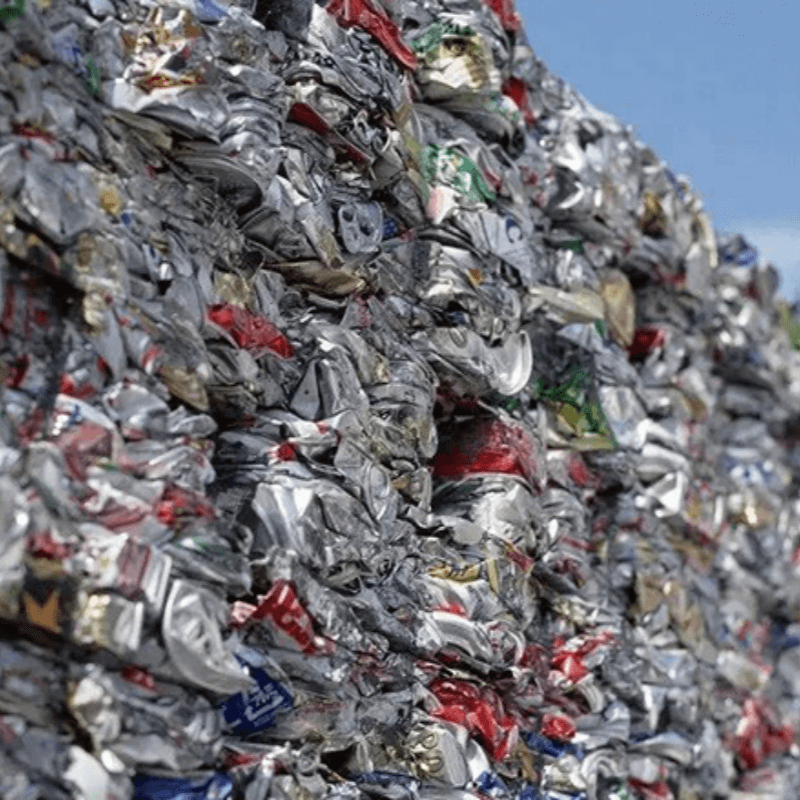
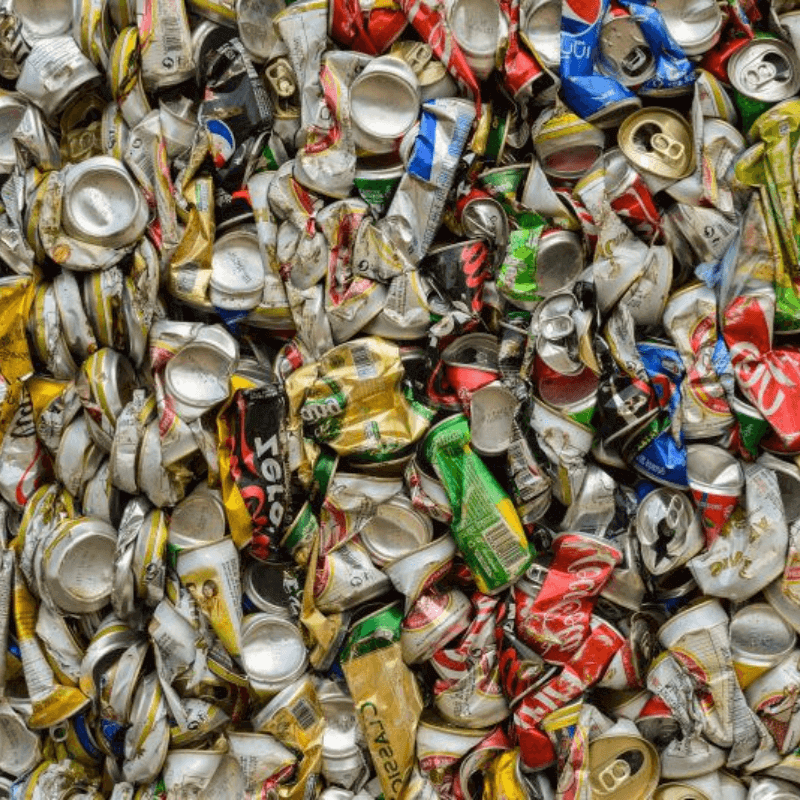
What Are The Benefits Of Recycling Cans?
The recycling of aluminum cans not only conserves bauxite resources but also saves 97% of energy, making a significant contribution to protecting and beautifying the global environment.
The recycling process for UBC scrap typically involves sorting, cleaning, and melting the cans to produce aluminum ingots or sheets. These ingots and sheets can then be used to manufacture a variety of new products, including new beverage cans, automotive parts, building materials, and other consumer goods.
Aluminum cans can be recycled into aluminum ingots, and these recycled ingots can be reused to produce new cans—with this cycle repeating countless times. Importantly, no matter how many times cans are recycled, their quality remains uncompromised. While some may worry that recycled products might be of lower quality, this is not the case. When cans are melted down, the chemical composition of the resulting recycled ingots remains virtually unchanged from the original material.
What Happens To Waste Bottles After Recycling?
Bottles of different materials are sent to recyclers and then collected at material recovery facilities (MRFs). For example, aluminum cans, steel cans, glass cans, and plastic bottles can all be classified into different raw materials.
For instance: Aluminum cans can be made into new beverage cans, space shuttles, window frames, etc.; Scrap steel cans can be transformed into rolled bar, new steel cans, bicycles, or steel beams; Waste glass jars and glass bottles can be made into new glass jars and glass bottles; Plastic bottles can be made into new plastic bottles, food-grade plastic boxes, and even synthetic fiber clothes.
Offer A Variety Of Waste Beverage Bottle Recycling Solutions
RUIJIE ZHUANGBEI provides high-quality equipment for the disposal of handling your waste beverage materials.
Please do not hesitate to contact us with your specific needs and requirements—such as different raw materials, output capacities, or recycling system specifications, etc. We deliver tailored recycling equipment solutions for applications including aluminum can recycling recycling, PET plastic bottle recycling, andglass jar recycling, designed to purify waste bottle materials of various types.
We offer customized recycling solutions based on each customer’s unique recycling needs! Our standard solutions cover a range of 3,000–10,000 kg per hour, serving as a foundation for customizing solutions to meet larger capacities or other special requirements.
RUIJIE’s aluminum recycling systems are known for their high performance, low production costs, and high metal purity.
Developed using environmental mechanical technology, these systems and machines reduce material size, separate components, and remove iron and other impurities—all without the need for melting or chemical treatment.

